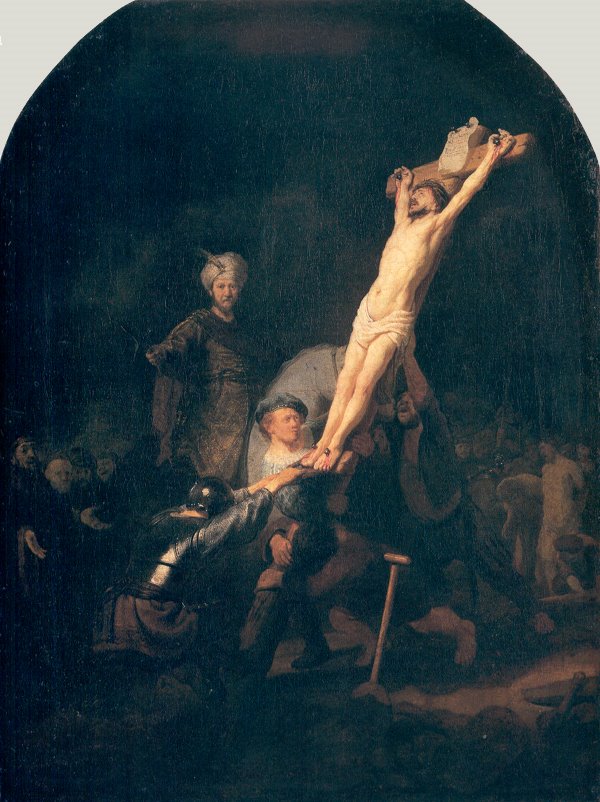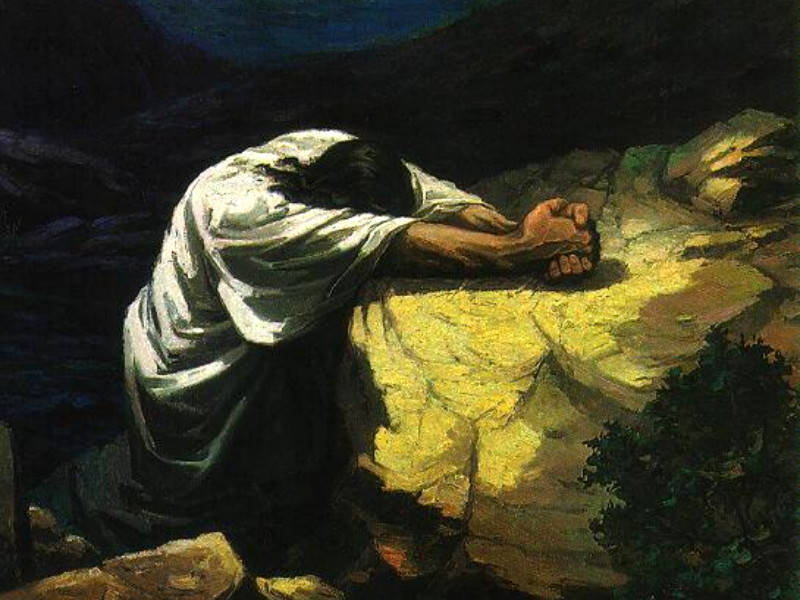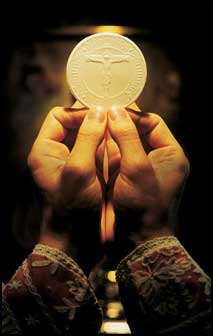
The Father is Waiting to Find Our Hearts Open
Thou wilt keep him in perfect peace, whose mind is stayed on thee: because he trusteth in thee.
Isa. 26:3 (KJV)
God has called us to be great receivers. Christ’s work on the Cross has brought about our acceptance before God. Therefore, all the promises of God are “yes” and “amen” in Christ (2 Cor. 1:20). We can without hesitation or equivocation receive God’s grace to meet any need, to quell any fear, and to help in the midst of any temptation (Heb. 4:15-16). We do not need to whine to prove our humility, to cajole to demonstrate our conviction, or to perform perfectly to prove our sincerity in order to receive God’s grace. With hearts wide open, we cry out to God and our God who is grace and love pours forth his blessing and goodness (2 Peter 1:3-4).
When you find that weariness depresses or amusement distracts you, you will calmly turn with an untroubled spirit to your Heavenly Father, who is always holding out His arms to you. You will look to Him for gladness and refreshment when depressed, for moderation and recollection when in good spirits, and you will find that He will never leave you to want.
A trustful glance, a silent movement of the heart towards Him will renew your strength; and though you may often feel as if your soul were downcast and numb, whatever God calls you to do, He will give you power and courage to perform. Our Heavenly Father, so far from ever overlooking us, is only waiting to find our hearts open, to pour into them the torrents of His grace.
François Fenelon cited in Joy and Strength for the Pilgrim’s Day, ed., Mary Wilder Tileston (Boston: Little, Brown, and Co., 1901), 21.









